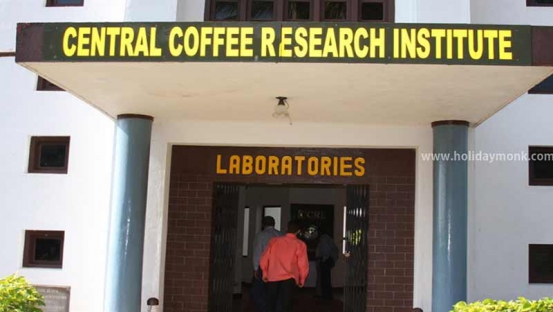×
The Standard e-Paper
Home To Bold Columnists

Kenya is set to increase her share in the international coffee market thanks to an ambitious programme by value chain players to provide adequate planting materials to farmers.
The Coffee Research Institute (CRI) has decentralised seedlings production as part of reducing cost of production and thus allow farmers to access the plantlets in good time.